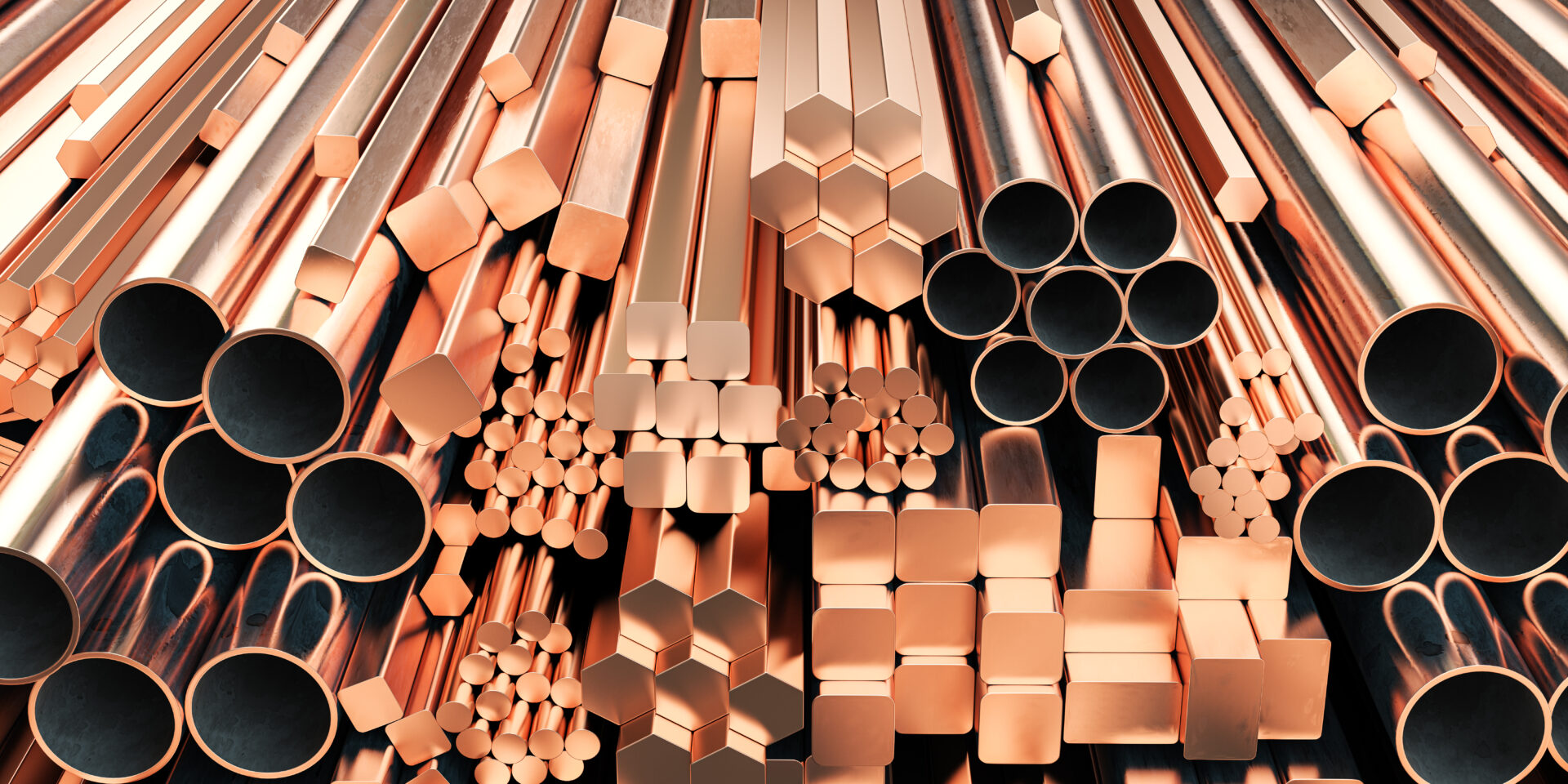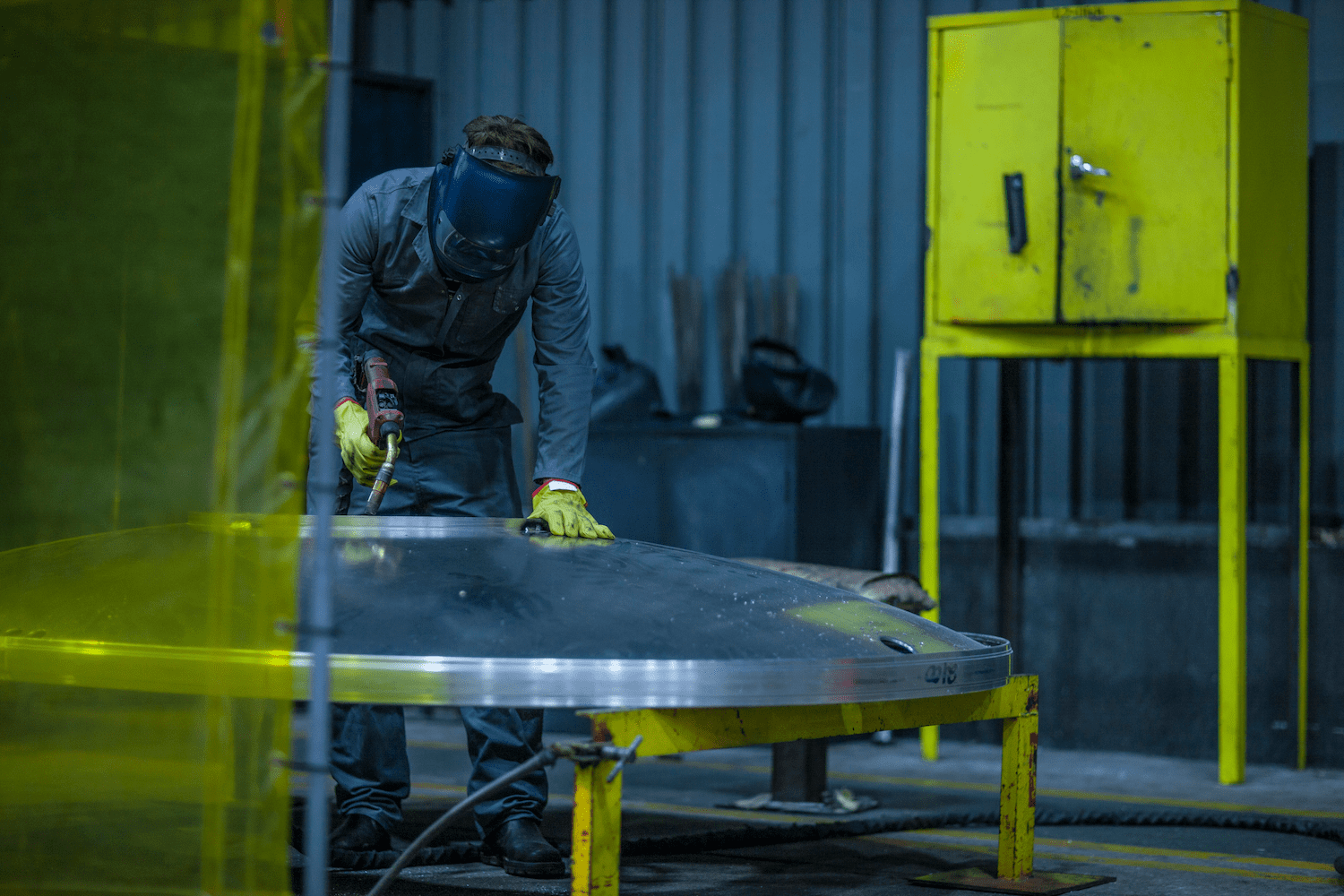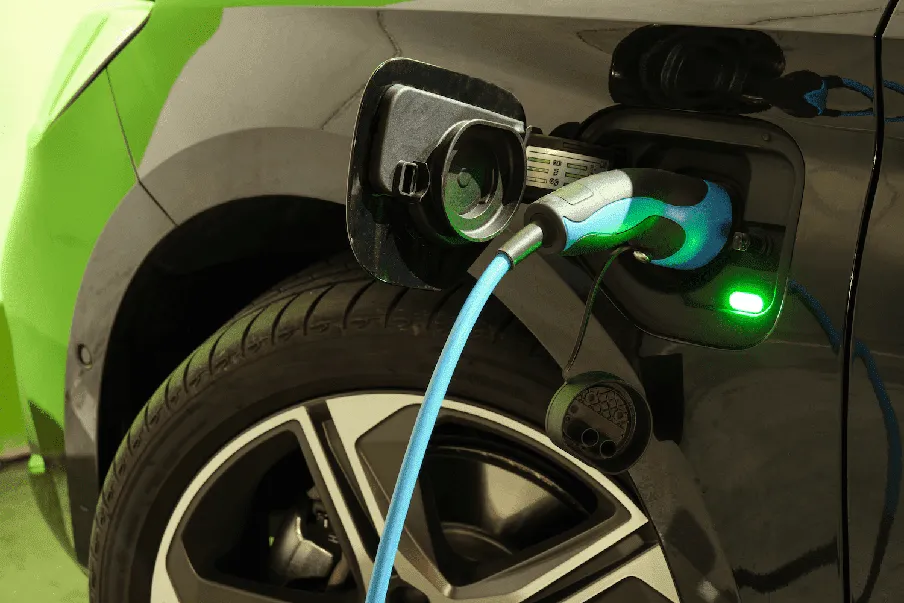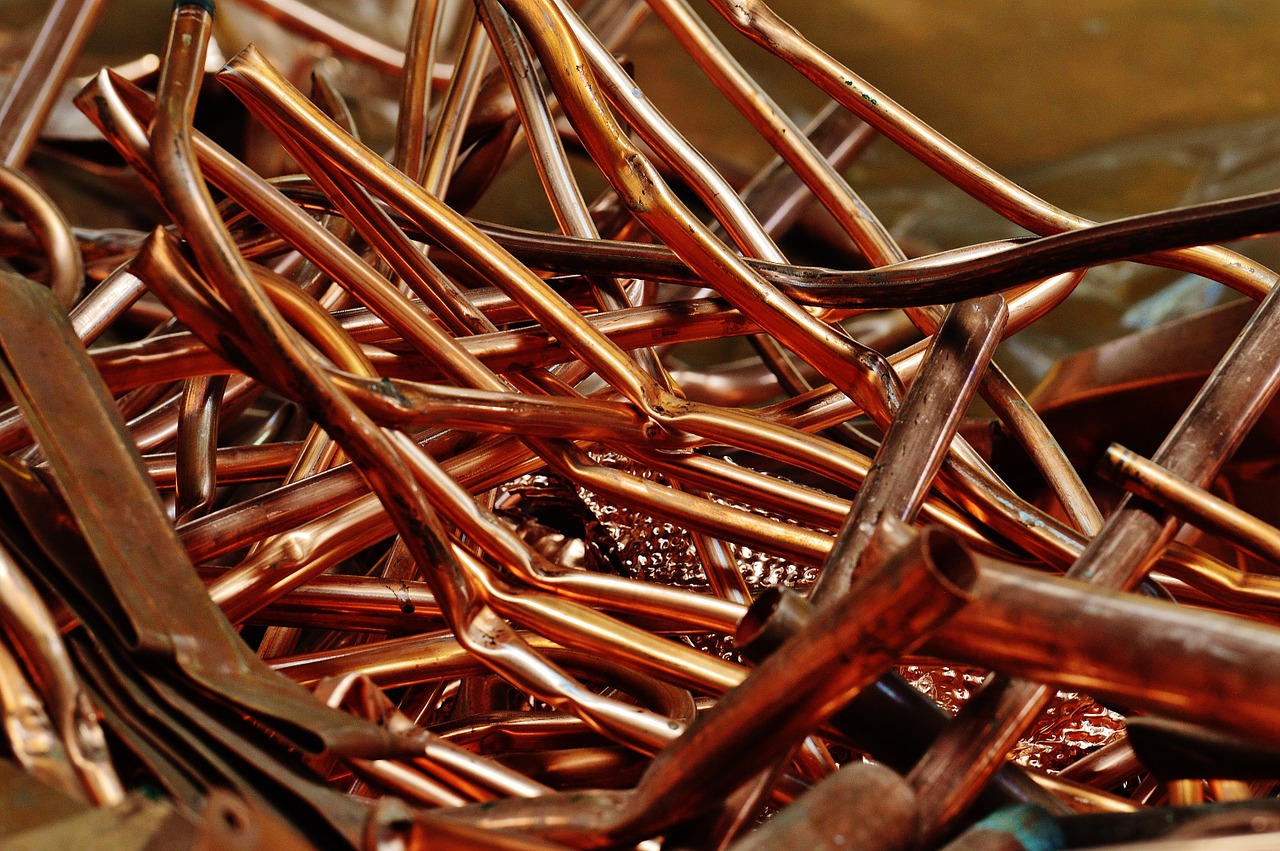
There’s been a debate raging for a number of years: is there a benefit to recycling? Some consumers are firmly committed to the concept and see obvious benefits, while others have excuses for why they don’t bother. Here are the myths about recycling.
There’s been a major push in recent years to increase recycling rates, particularly for items like scrap metal and used electronics. Even the United Nations has urged a stronger and more vigorous effort to recycle materials that contain toxins and pose significant environmental hazards when put into landfills.
And that’s one of the major concerns about tossing scrap metal into the trash, and why there’s a concerted effort to increase recycling rates, which remain far too low.
And one way to help increase the amount of scrap metal recycling is to spread the word about the persistent, stubborn myths about recycling – and there are many myths out there.
In fact, some of those myths may still be discouraging people from recycling items like unwanted scrap metal – or giving them a handy excuse for why they don’t bother with recycling at all.
Understanding what those myths are is key to not only enlightening people about the benefits of recycling but getting our recycling rates to increase.
What Are Common Myths About Recycling?
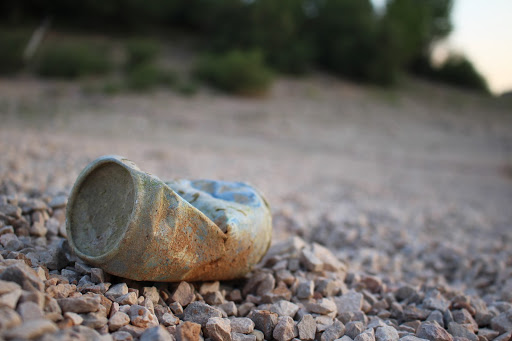
One reason why people don’t make a firm commitment to recycling is they might not fully understand just how beneficial it is. Environmentally, economically, and for our long-term sustainability; recycling makes a lot of sense.
But not everyone has gotten the message.
Recycling advocates have been coping with the myths about this process for years. Advocates reinforce the message that recycling technology has improved our world dramatically. In fact, recycling metal not only plays a crucial role in helping us preserve our natural resources; it also allows manufacturers to have access to high-quality recycled material for their production lines.
It’s important to highlight the benefits of recycling and dispel the myths that persist about this process. For example, some people think recycling uses more energy than making something new.
That’s incorrect.
The Environmental Protection Agency has debunked this theory by noting that recycling aluminum cans alone can help us save 95 percent of the energy needed to make new ones from raw materials.
Recycling steel and tin cans saves up to 70 percent of the energy when compared to creating those same products from virgin materials. In order to get virgin material, you need to go mining for virgin ore – a process that uses up considerably more electricity, water, and land to get it.
Another myth is that products made from recycled materials are lower quality, and what you get is a subpar final product. That’s also incorrect.
The truth is, today manufacturers have made a lot of strides when it comes to high-quality results using recycled metals for new products. A key reason for that is more and more manufacturers are committed today to well-publicized sustainability goals, so their use of recycled parts is no longer just about having a lower-cost alternative.
Products now meet the same high quality and performance characteristics as those made using virgin ore metals – a major boost to ongoing efforts to keep our environment clean and preserve more of our natural resources.
Another myth is that most recyclables just end up in the trash anyway, so why bother?
That would be true only if no one recycled. But everyone who does make a concerted effort to recycle not only their household goods but also items like scrap metal and used electronics is playing an important sustainability goal.
It’s an urban myth to say the city workers who pick up your recycling bin just dump it in the trash, and it’s also a misconception that nothing useful happens to those recycled items.
Here’s a good example. If you take your recycled scrap to an experienced recycling firm like GLE Scrap Metal, they perform environmentally-friendly processing and recycling of all base and precious metals. What they recycle is supplied to domestic mills and global end-users to be transformed into new products, and GLE Scrap Metal will ensure that excess materials won’t go to waste.
Another myth is that products made of more than one type of material can’t be recycled, that people are limited to submitting simple items like juice boxes or newspapers. Today, machines can break down these items into their constituent materials.
As a result, today a far wider range of products can be recycled than ever before.
It’s also not true that everything can only be recycled once. A long list of common items can be recycled repeatedly, offering substantial savings in energy and to our natural resources. That includes metals and aluminum, which can be recycled repeatedly with no loss in quality, which is why recycling scrap is so important. Aluminum cans, for example, often have the highest value among recycled commodities and are in high demand.
Why We Need to Increase Scrap Recycling Rates?
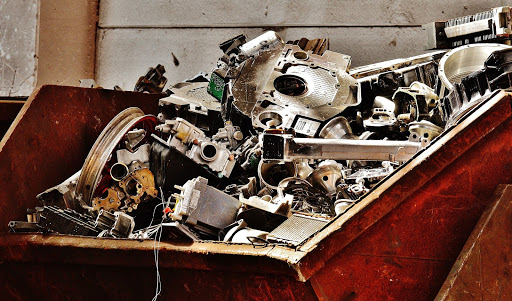
A growing number of people have discovered there are items in their homes that need to be replaced – appliances, outdoor furniture, piping, sinks and brass knobs – that contain metal. They can pick up extra cash by getting them to a scrap metal recycling center like GLE Scrap Metal.
And recycling scrap metal is not only easier than it’s ever been, but with advances in technology, GLE can deliver high-quality materials to manufacturers in need of metals.
But not everyone fully grasps the potential of scrap metal recycling. While a lot of consumers are familiar with the concept of recycling paper, plastics, and glass, they’re less familiar with why metal should get recycled – or what they have in their home containing metal.
And yet it’s easy to find a wide variety of home items made from aluminum, copper, steel and iron, or that contain components made from precious metals like gold, silver, and palladium.
Why Is It Important for Consumers to Recycle?
Metals are required to manufacture a variety of products today, from appliances to cars to jumbo jets. There’s a finite amount of virgin ore to make new metals, so it’s far easier and more cost-effective to use recycled scrap instead.
There are a lot of reasons why we have an expanding and fast-growing recycling industry today, and one aspect of that is environmental reasons. There are enormous ecological benefits to the practice of recycling. Keeping scrap metal out of landfills keeps the toxins inside them from contaminating our land, water and air.
It’s worth noting that recycling truly started to expand in the 1960s when environmentalists began to champion the benefits of recycling. More than 3,000 community collection centers got launched within a year of the first Earth Day in 1970.
But it should also be noted that recycling was promoted by business and industry long before it became an environmental cause. Businesses saw the enormous cost-savings potential of recycling used items that still had value, rather than continuously looking for more expensive new materials.
Today, those two benefits go hand in hand. When we recycle items like scrap metal, we contribute to a cleaner environment. And when we provide manufacturers with quality recycled materials, we hold down their production costs and help pass those savings on to consumers.
That’s why we all want to contribute to higher recycling rates.
Myths About Recycling, Resolved
There are many myths about recycling; don’t let them dissuade you from recycling.
Our booming global economy has increased the need for metals for producing everything from consumer goods to new roads, highways and buildings. That’s why there’s a need for more consumers and businesses to bring their used scrap to an experienced firm like GLE Scrap Metal, which performs environmentally-friendly processing and recycling of all base and precious metals.
This family-owned and operated business will purchase, process, and re-integrate all recyclable base metals, which are supplied to manufacturers in need of quality materials.
To learn more, call GLE Scrap Metal at 855-SCRAP-88 and request a quote.

